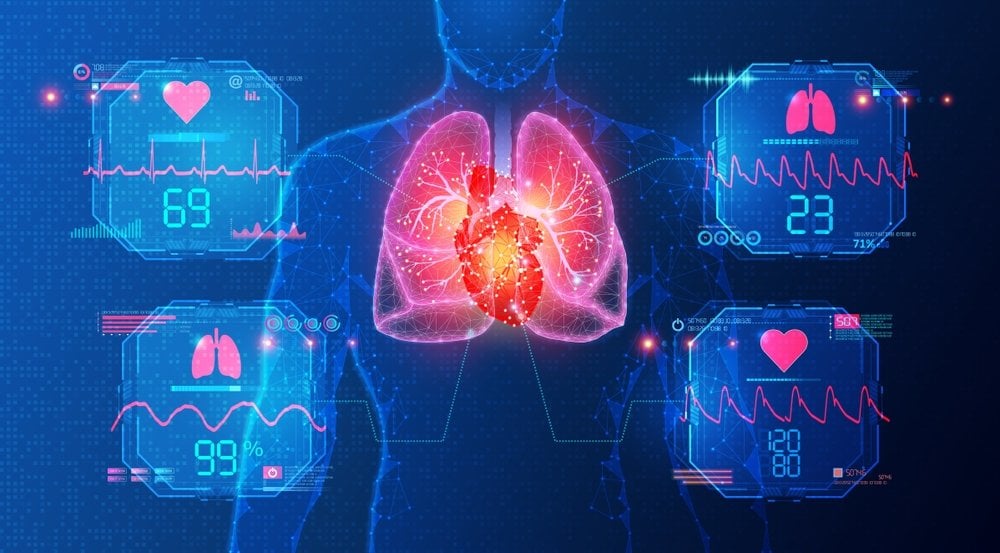Scientists have now reported results from the first Covid “challenge trial” — a carefully designed study in which healthy volunteers were deliberately infected and closely monitored to provide a more complete understanding of the infection process and the body’s immune response.
Challenge trials have been used for other infectious diseases, but they remain a source of contention in the scientific community. For something like Covid, which can lead to dangerous long-term effects and currently has no treatment guaranteed to cure the disease, is it ethical to risk the lives of perfectly healthy people? The concept of a challenge trial was hotly debated earlier in the pandemic, but eventually got enough support to move forward. It is believed to be the only such trial ever conducted in a pandemic.

The small trial, consisting of 36 volunteers, got underway in London in late 2020. Participants were young (18-29 years old) and healthy, with no evidence of previous infection from the SARS-CoV-2 virus responsible for Covid. Each was given the same dose of the virus, and for the remainder of the study the volunteers stayed in a quarantine unit with 24-hour monitoring and medical care. Only half the participants actually developed infections, underscoring the important point that not all people are susceptible to infection by the same level of virus.
Unlike clinical studies following people with naturally occurring Covid infections, a challenge trial gives scientists the opportunity to be there at the exact point of infection and meticulously track every detail of what happens next. With this unique view, scientists gained new insights into Covid infection — something that may have seemed unlikely given the vast amount of research that has already been done in the pandemic.
One of the team’s key discoveries was that the incubation period for Covid was shorter than real-world data had suggested. “Although the incubation period from the estimated time of natural exposure to perceived symptom onset has previously been estimated as ~5 days, this best aligns with peak symptoms and is longer than the true incubation period,” reported lead authors Ben Killingley and Alex Mann, along with their study collaborators. The challenge trial clearly showed that symptoms could be detected as early as two days after infection; these symptoms grew more pronounced by day four or five, suggesting that most people with Covid dismiss or don’t notice the first signs of infection. This helps explain why infected people can spread the virus even before their own infection is diagnosed — one of the reasons Covid transmission has been so difficult to interrupt.

Another critical finding is that infected people continue to shed the virus, therefore risking transmission to others, well more than a week after the first symptoms occur. Infected study participants continued to shed detectable levels of virus 10 days after infection, on average, and the amount of virus they shed was not correlated with the severity of their symptoms. Someone with a mild or even asymptomatic infection could therefore just as easily spread the virus to others as a person with severe symptoms. To minimize the spread of Covid, the scientists recommend keeping infected people in isolation for a full 10 days after symptoms appear.
The team also closely monitored viral load, or the amount of virus present, in various sites of the body. Highest levels were found in the nose — much higher than in the throat — emphasizing “the critical importance of wearing face coverings over the nose as well as the mouth,” the scientists report.
Throughout the trial, participants were tested with PCR and rapid antigen tests. While PCR tests have been considered the gold standard of laboratory-based testing during the pandemic, this study shows that rapid tests also have an important role to play. This type of test “was highly reliable in predicting the disappearance of viable virus and, therefore, also can underpin ‘test to release’ strategies,” the scientists note.
Fortunately, none of the study participants experienced serious adverse events from the trial; most had mild to moderate symptoms. While this was to be expected given their age and health at the start of the trial, it was certainly not guaranteed. All 36 volunteers took a significant risk by engaging in this study, and these important new insights into Covid infection would not have been possible without them.


















